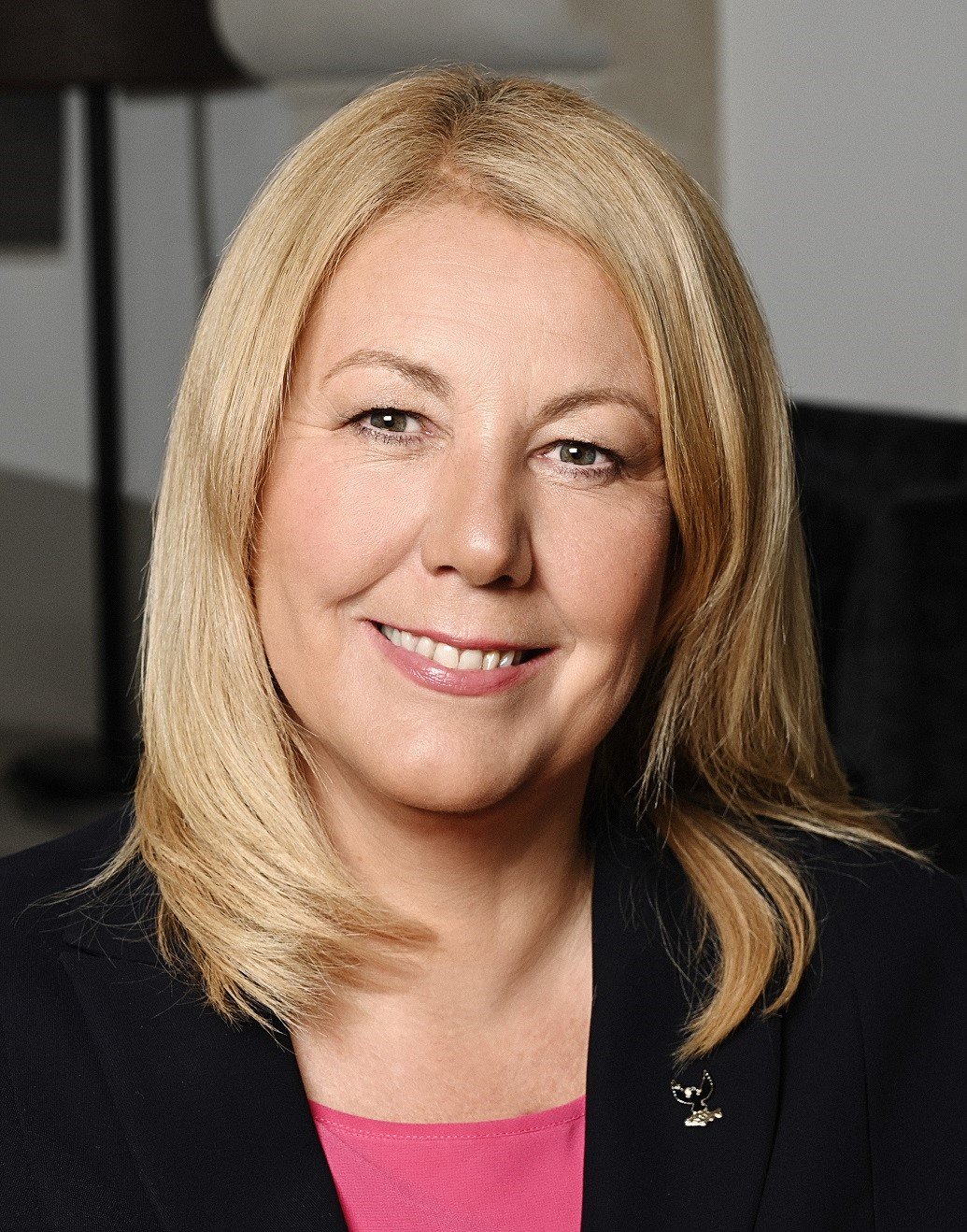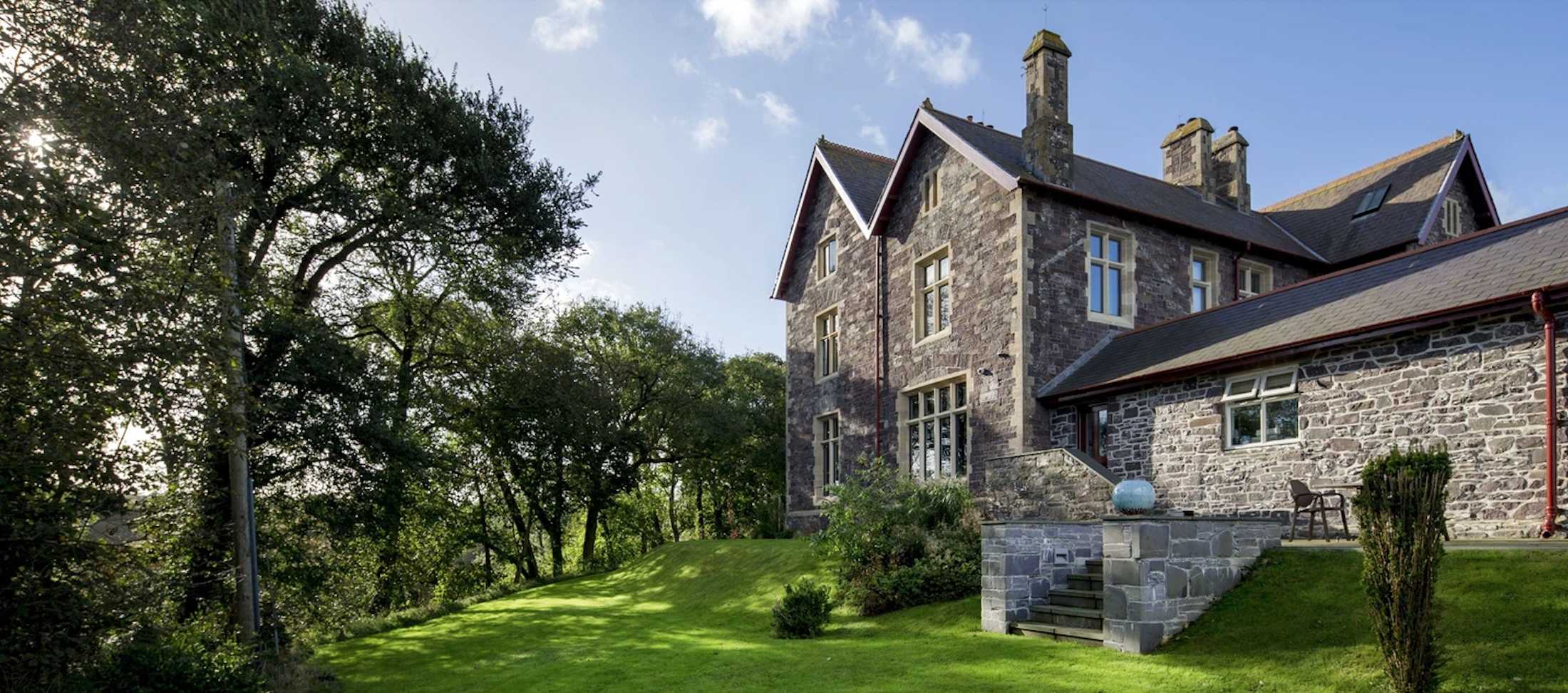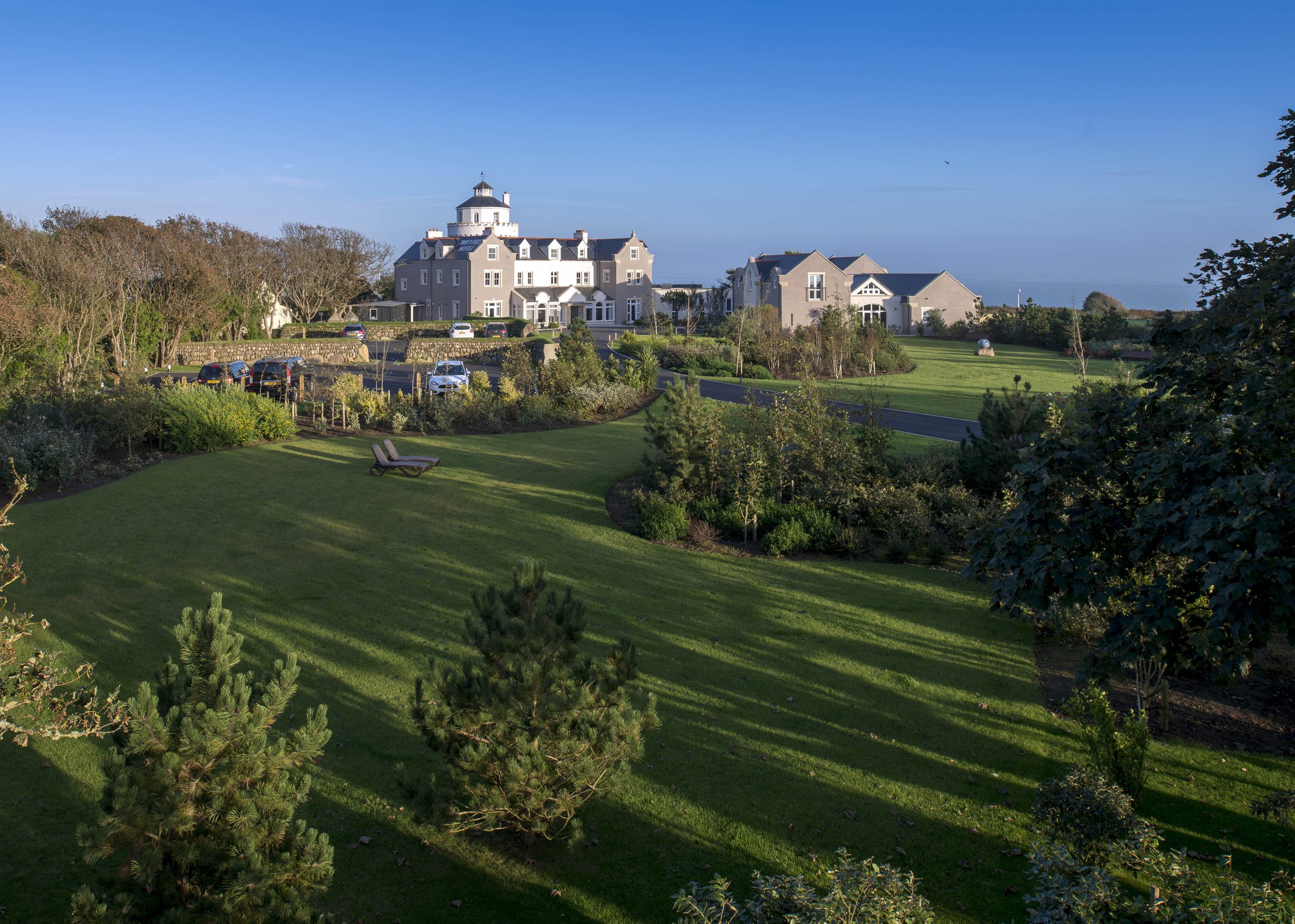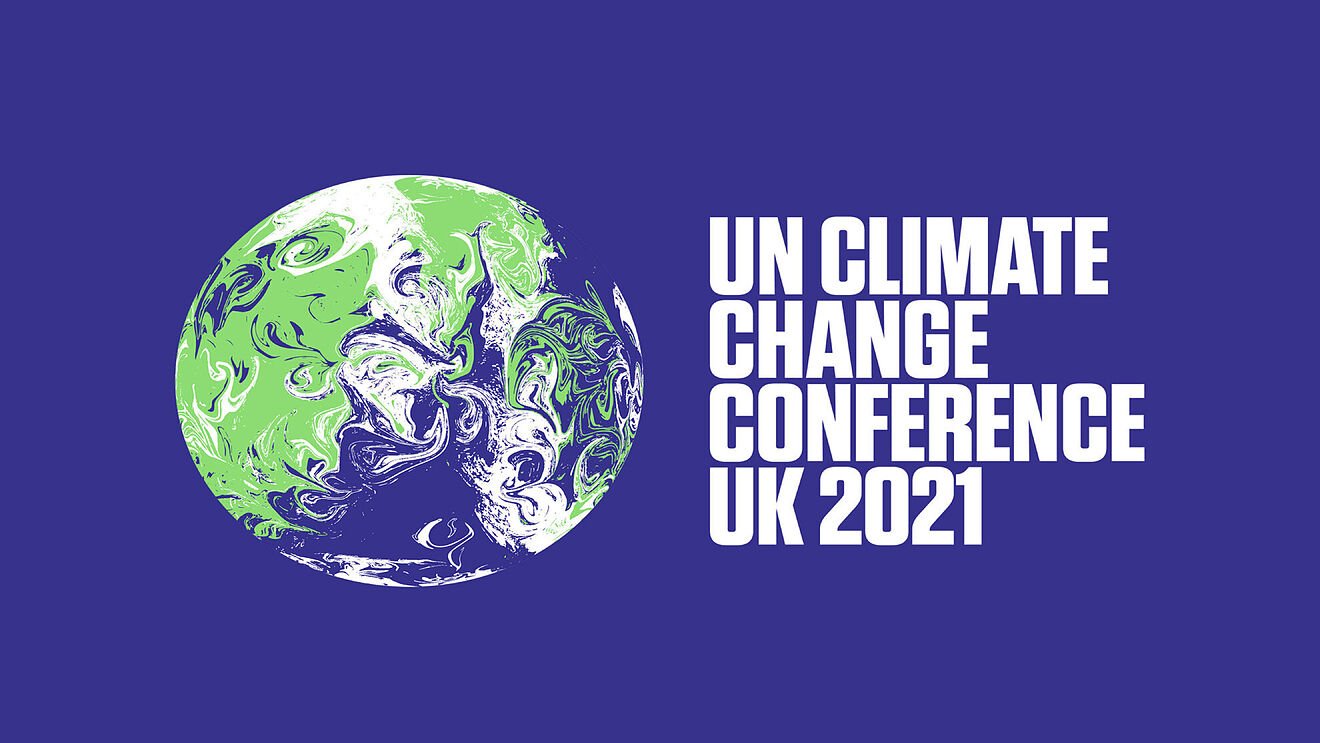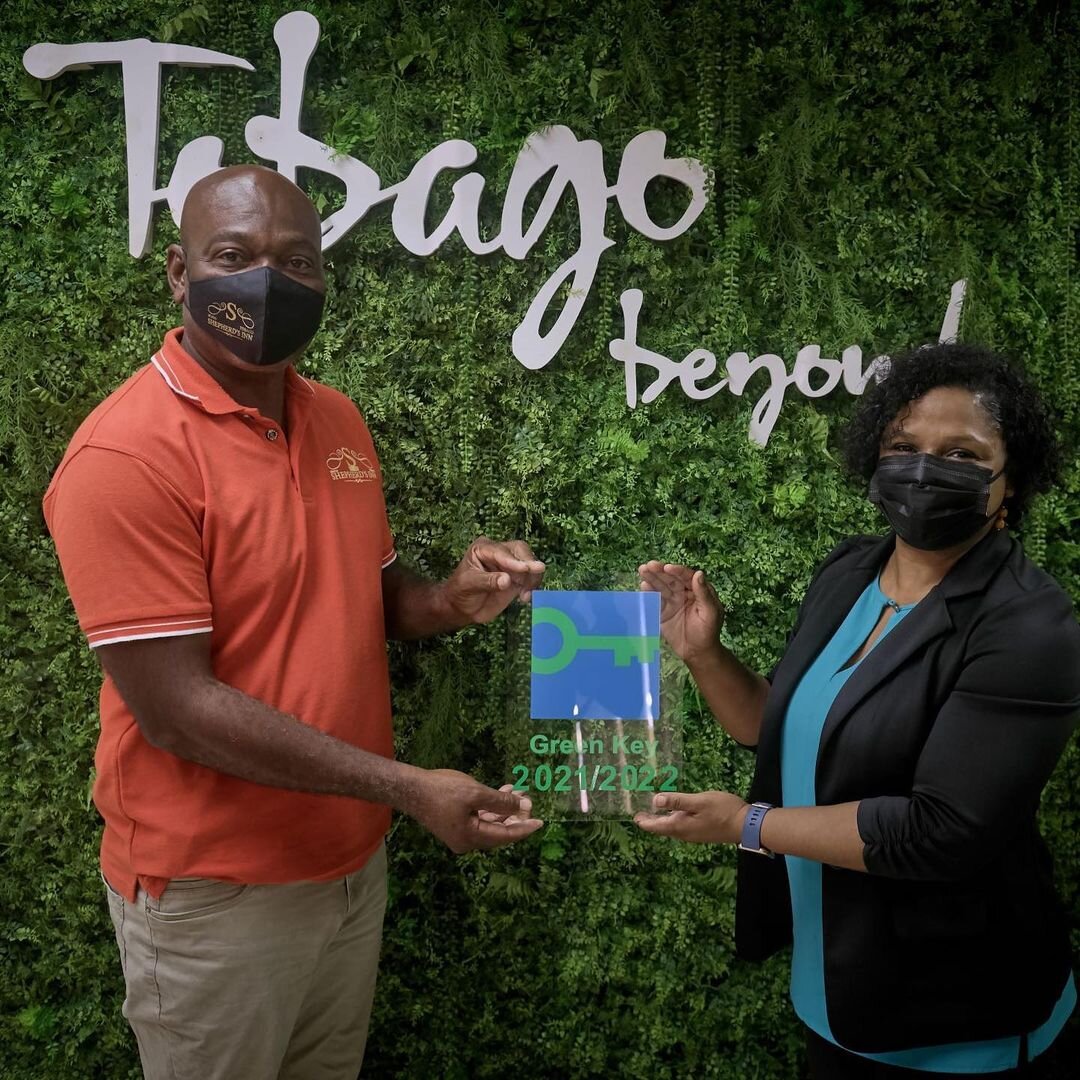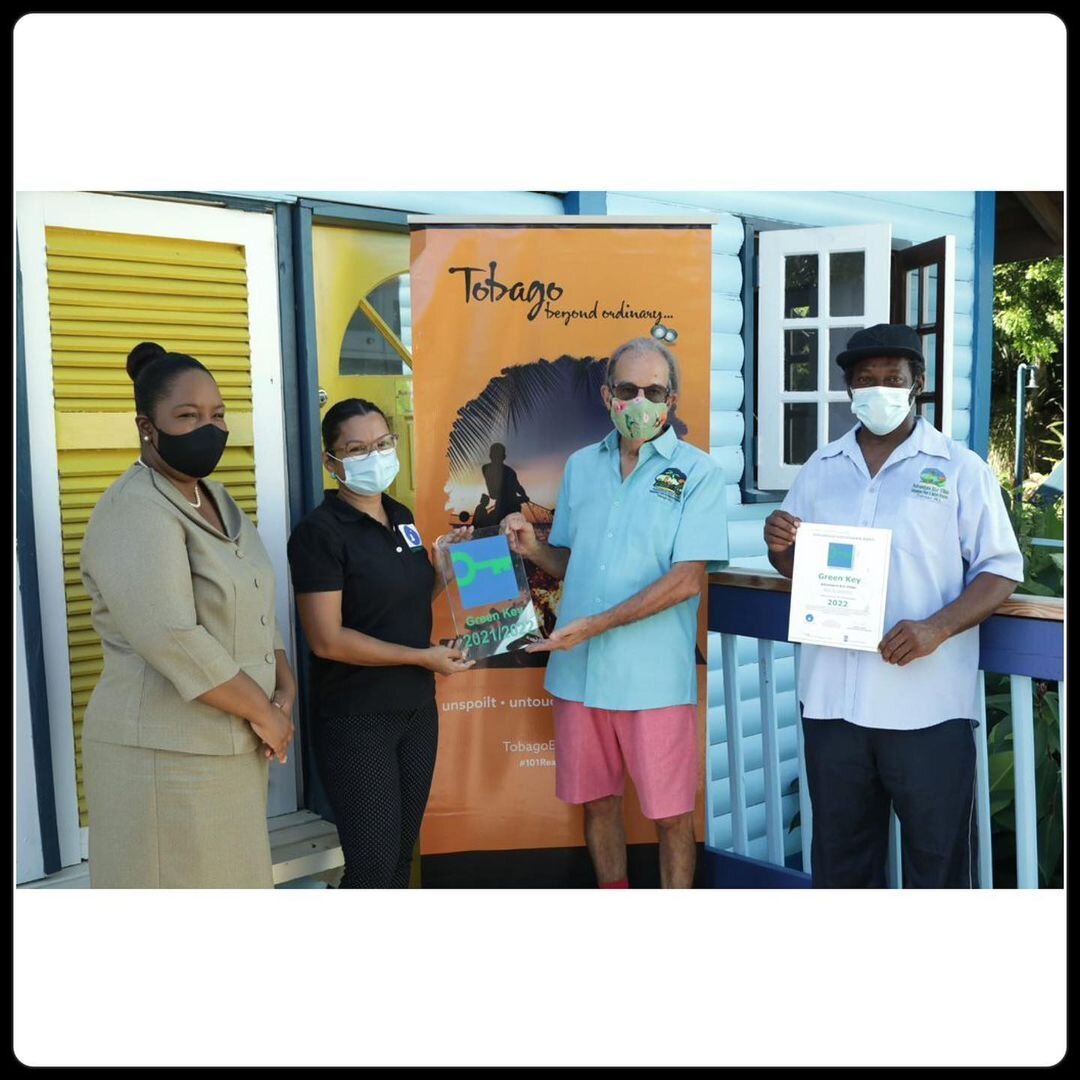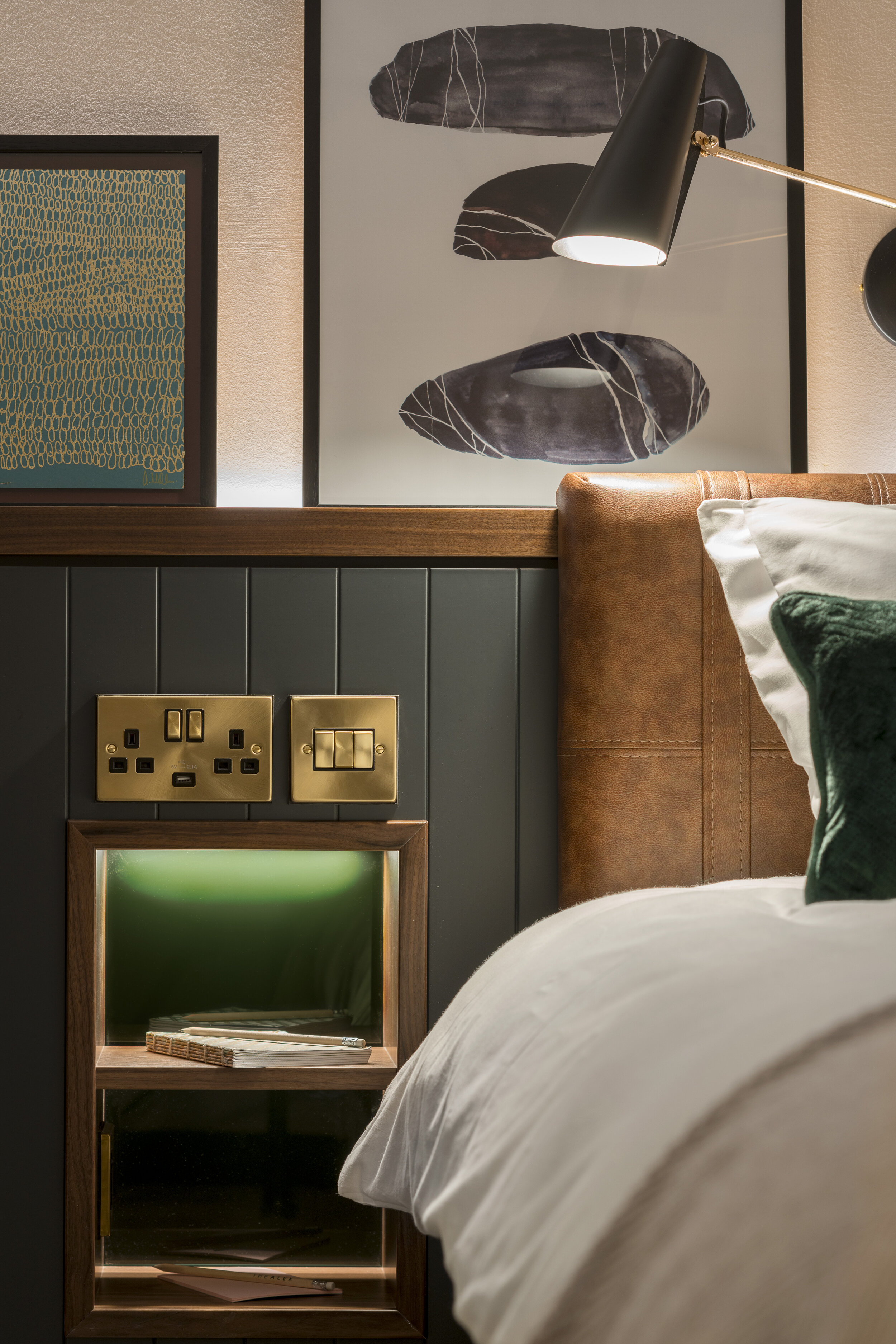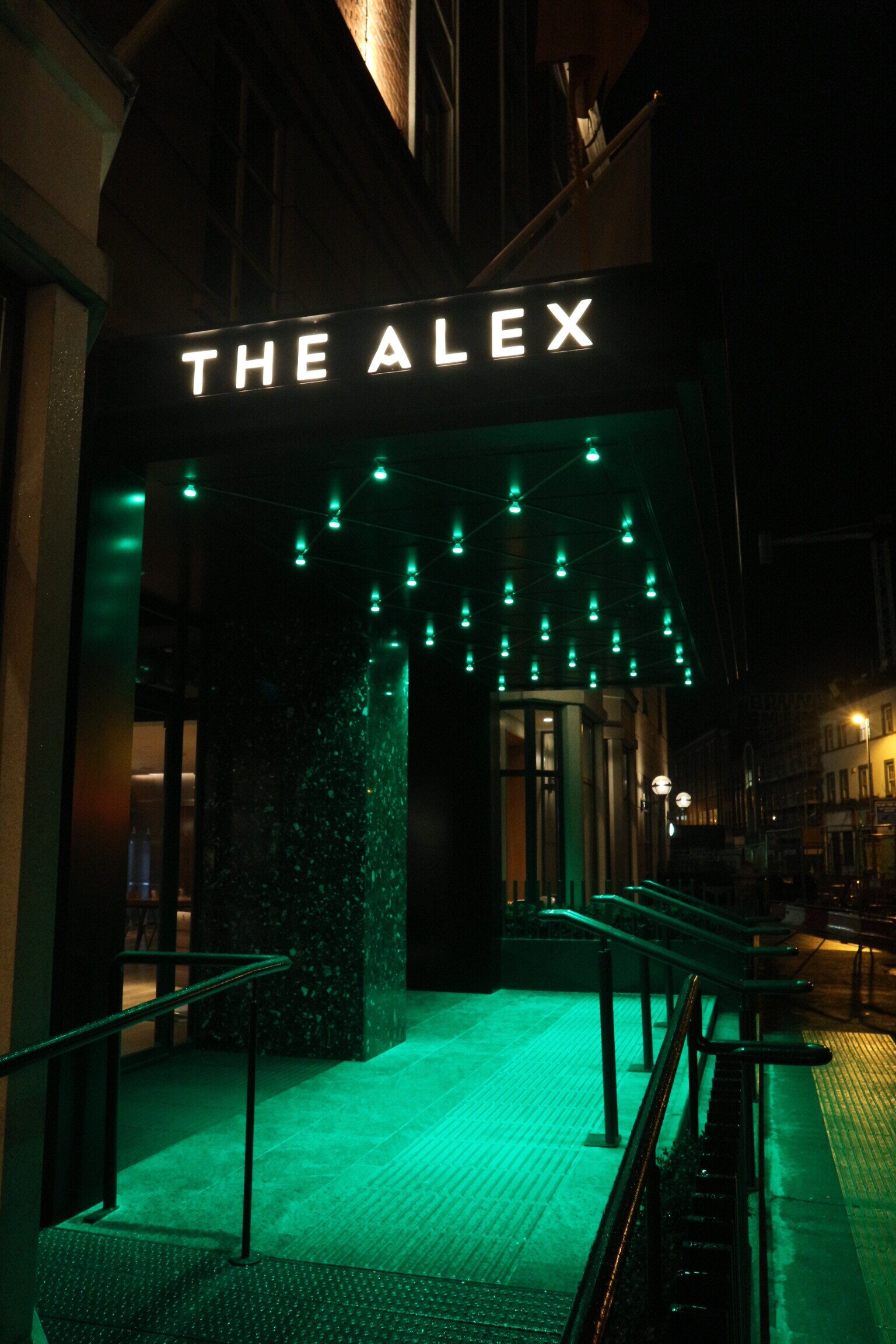The Japan Alliance of Responsible Travel Agencies (JARTA), the new Green Key National Operator for Japan, is an organisation that is committed to delivering high-quality tourism products and services.
“Japan Alliance of Responsible Travel Agencies, JARTA, is thrilled to be a part of the FEE global family. As we are growing steadily with the members comprising travel agencies, tour operators, and other interested parties in the tourism industry, there is also an increase in demand to seek reliable and like-minded accommodation facilities that unite all of us under the name of responsible and sustainable tourism.” says Masaru Takayama, Green Key National Operator for Japan.
He adds: “We see huge opportunities in working with the Green Key programme as welcoming more responsible travellers is now the national agenda. In addition, Japan boasts of having 35,558 km of coastlines, the 6th longest in the world. We feel responsible to keep our beaches and marinas/ports clean as the oceans and seas have been supporting our diet for thousands of years. Should you plan to travel to Japan, do not hesitate to contact us because our members can offer a unique and responsible holiday that you have always been dreaming of.” says Masaru Takayama from JARTA.
Finn Bolding Thomsen, Green Key International Director, highlights: “We are very happy to have the Japan Alliance of Responsible Travel Agencies as a FEE member organisation. Their work in the responsible tourism industry is important to us and makes JARTA a good fit as the entity responsible for the Green Key programme in Japan. We believe Japan is a remarkable country which needs to be protected and it is vital that the hospitality industry contributes to the responsible actions in Japan through Green Key.”
For more information about Green Key in Japan, please contact the Green Key National Operator, JARTA, Masaru Takayama via phone: +81(0)75-406-7700, e-mail: takayama@eco-tourism.jp or through an online form on their website: https://jarta.org/en/




